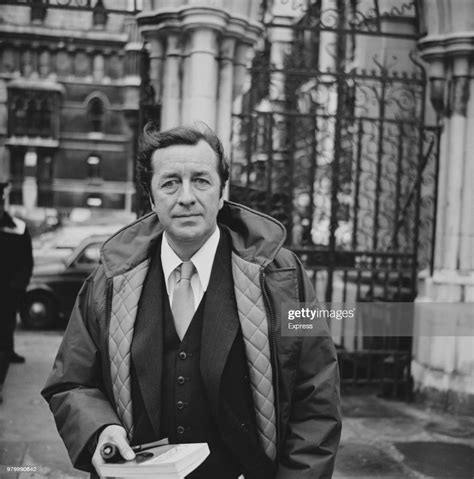A Quote by Thomas Jefferson
The Habeas Corpus secures every man here, alien or citizen, against everything which is not law, whatever shape it may assume.
Related Quotes
Why suspend the habeas corpus in insurrections and rebellions? Examine the history of England. See how few of the cases of the suspension of the habeas corpus law have been worthy of that suspension. They have been either real treasons, wherein the parties might as well have been charged at once, or sham plots, where it was shameful they should ever have been suspected. Yet for the few cases wherein the suspension of the habeas corpus has done real good, that operation is now become habitual and the minds of the nation almost prepared to live under its constant suspension.
By a declaration of rights, I mean one which shall stipulate freedom of religion, freedom of the press, freedom of commerce against monopolies, trial by juries in all cases, no suspensions of the habeas corpus, no standing armies. These are fetters against doing evil which no honest government should decline.
We must never cease to proclaim in fearless tones the great principles of freedom and the rights of man which are the joint inheritance of the English-speaking world and which through Magna Carta, the Bill of Rights, the Habeas Corpus, trial by jury, and the English common law find their most famous expression in the American Declaration of Independence.
No one may threaten or commit violence ('aggress') against another man's person or property. Violence may be employed only against the man who commits such violence; that is, only defensively against the aggressive violence of another. In short, no violence may be employed against a non-aggressor. Here is the fundamental rule from which can be deduced the entire corpus of libertarian theory.
I will now add what I do not like. First, the omission of a bill of rights providing clearly and without the aid of sophisms for freedom of religion, freedom of the press, protection against standing armies, restriction against monopolies, the eternal and unremitting force of the habeas corpus laws, and trials by jury in all matters of fact triable by the laws of the land and not by the law of nations.
We are so considerate of the minute constitutional rights and even of the political feelings and influence of people whom we have every reason to anticipate with preventive action!... The Japanese in California should be under armed guard to the last man and woman and to hell with habeas corpus until the danger is over.
Society today is no longer in revolt against particular laws which it finds alien, unjust, and imposed, but against law as such, against the principle of law. And yet we must not regard this revolt as entirely negative. The energy that rejects many obsolete laws is an entirely positive impulse for renewal of life and law.
In dealing with the State, we ought to remember that its institutions are not aboriginal, though they existed before we were born; that they are not superior to the citizen; that every one of them was once the act of a single man; every law and usage was a man's expedient to meet a particular case; that they all are imitable, all alterable; we may make as good; we may make better.






























